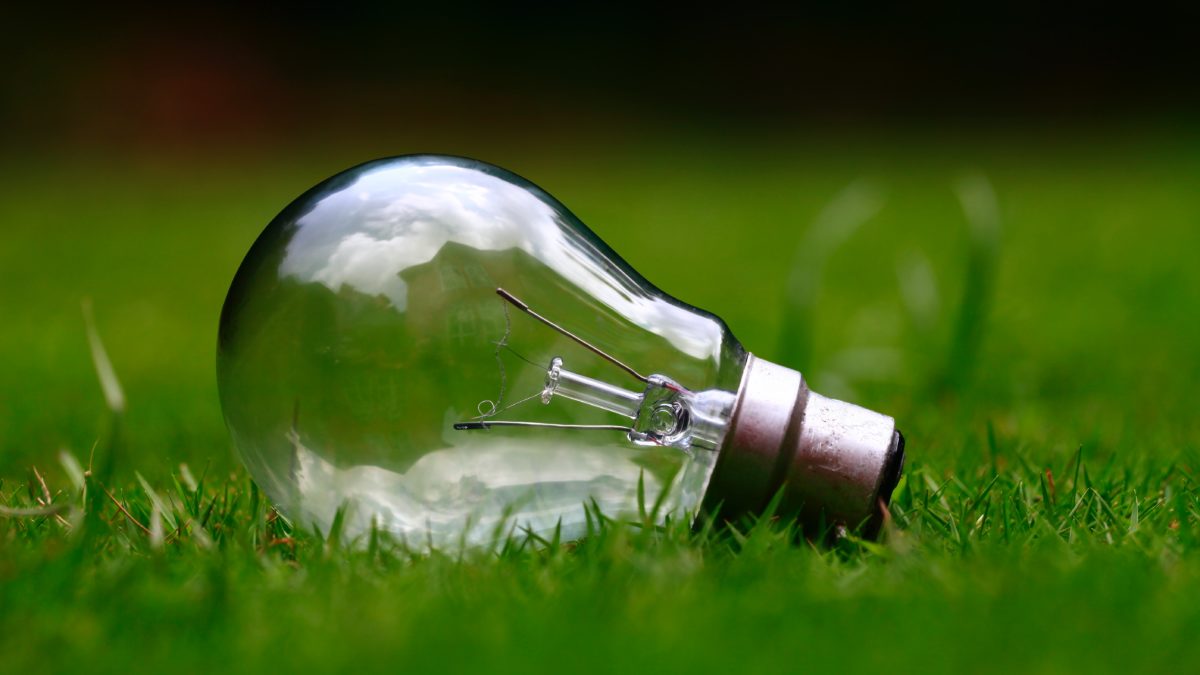Article written by: Quyen Dao
Even before the UK broke the record for highest temperature on Tuesday 19 July 2022, the energy crisis was already a hot topic in the media. Because of the consequences of climate change and the war in Ukraine beginning in February, the need for a change in the way we use energy is unavoidable.
For homeowners in the UK, it’s a good time to find solutions to improve the energy efficiency of their homes in preparation for changes that will be introduced by the government in the coming years. With such varying property types in the UK and different weather conditions each home needs a tailored approach to improving energy efficiency and this can make things seem confusing. For those considering making their home more energy efficient, it’s worth running some online searches to learn more and compare green energy solutions. There is lots of good advice, information and price comparisons from well known platforms such as Green Energy Compare, Which and Compare The Market to name a few.

Why is it time to think about greener energy sources for homes?
If you’re a homeowner responsible for paying energy bills, keeping yourself updated on more cost-efficient applications is always a good idea. The research in the report “Better home, cooler planet” published by Scottish Power and WWF on 20 July 2022 claims that homes in the UK can save up to £1,800 a year with solar, heat pumps and EV chargers. While an electric vehicle can save between £194 to £572 a year, solar and heat pumps can add up to £15,260 to your house’s value. The energy price cap having increased by £693 from April will likely cause a rise of £800 in annual energy bills this October. Now is a dark time for bill payers but a good time to consider moving to more efficient energy solutions for your home.
Furthermore, the transition to new applications is inevitable. Last year, the Committee on Climate Change and its Adaptation Committee announced the ban on gas boilers in 2025 to move toward the decarbonisation in the UK’s housing stock. By that time, no new homes can install and use gas boilers. Unless you’re having a new and energy-efficient gas boiler and are able to maintain it in a good condition, you need to consider alternatives. Apart from gas boilers, lowcarbon homes which are essential to the net-zero target require other sustainable energy solutions.
A greener future in an energy-efficient home
Heat pumps will replace gas boilers
In the next few years, heat pumps will be the replacement for inefficient gas boilers. Depending on your property and budget, you can choose between ground source heat pumps and air source heat pumps. The first option can last for 50 – 100 years and can be 45% more energy-efficient than gas boilers. Air source heat pumps only last for 15 – 25 years but they deliver more energy than the amount of energy they consume. Either of those solutions will reduce your energy bills in the long term.
Reducing heating demands with double and triple glazing
Doors and windows are key to your homes insulation and energy efficiency. If you’re not currently using double glazing this is an upgrade to seriously consider. The gas between the glass panels is a thermal insulation layer. By reducing heat transfer between indoors and outdoors, it keeps you warmer in the winter and cooler in the summer heat.
Furthermore, consider fabric insulation for walls and lofts. In summary, those insulation solutions will provide you more comfortable living space, help you save on heating bills and add value to your home.
Investing in a solid roof for your conservatory
Who doesn’t like to have a conservatory at home? A conservatory can be used as a relaxing space where you can read, listen to music, or gather with the whole family. But at the same time, a conservatory with a poorly insulated roof is unlikely to be usable all year round and may be letting heat out and cold in. A solid tiled conservatory roof can help make your home more energy efficient whilst improving your usable living space.
Installing a solid roof will help make sure you have the perfect temperature in the room year round. Moreover, it can minimize noise, improve lighting quality, ensure security, and give the entire house a good look.

